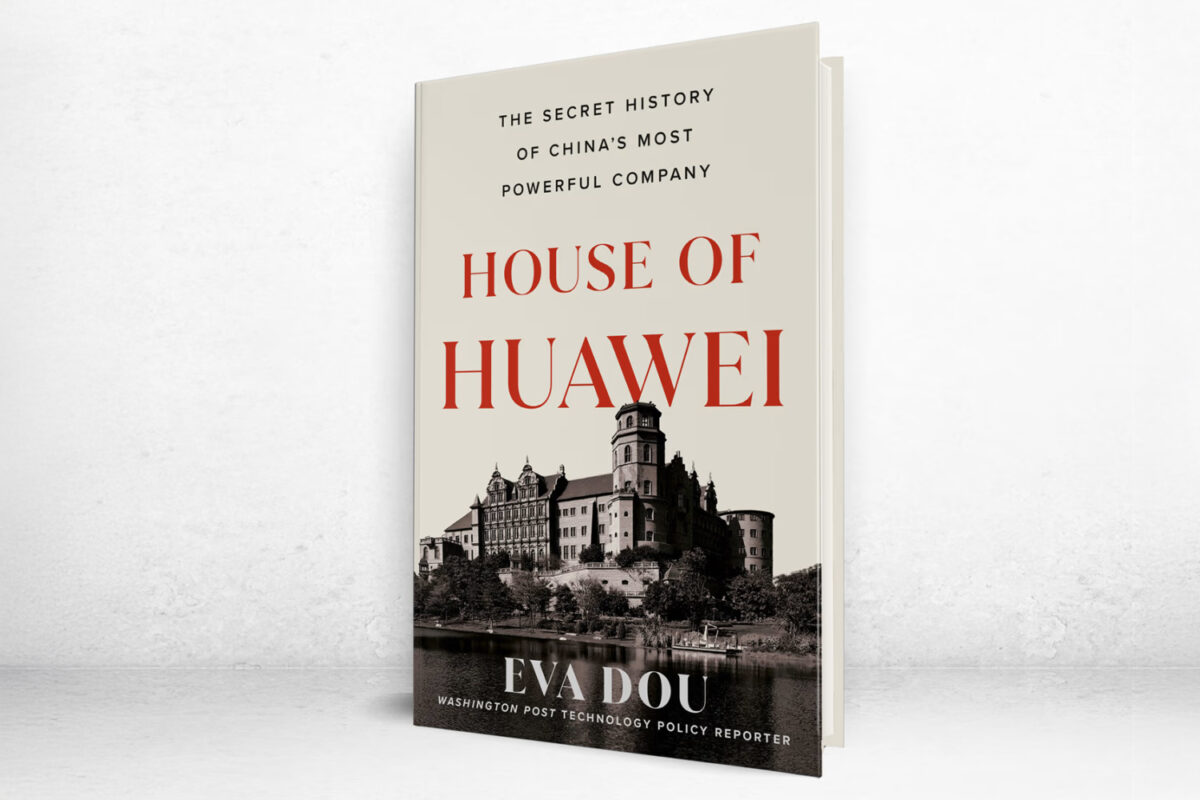As the end of 2024 fast approaches this serves as a good opportunity to share some of the favourite books that have informed our analysts.
Technofeudalism: What Killed Capitalism
Yanis Varoufakis
2023
Yanis Varoufakis latest publication offers a 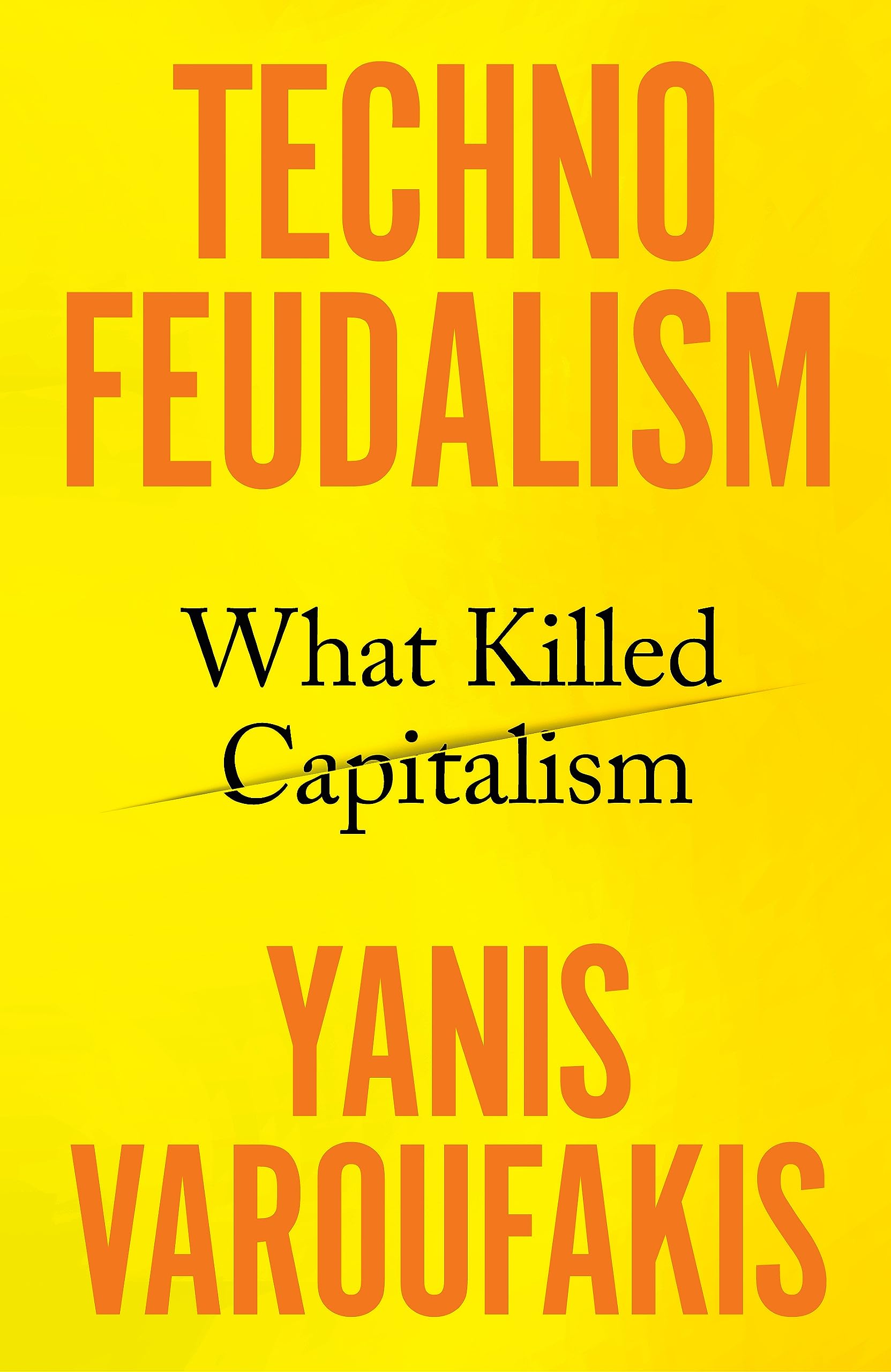 comprehensive and thought-provoking exploration of the shifting economic paradigms in the 21st century. The central thesis of the book is that data and digital platforms have become the new means of production, overshadowing traditional industries. Tech giants, such as Google, Amazon, and Facebook, have amassed unprecedented control over data, which Varoufakis argues is the most valuable asset in the modern economy. This control allows them to influence consumer behavior, shape public opinion, and even dictate policy decisions, thereby eroding the power of nation-states and traditional market competition.
comprehensive and thought-provoking exploration of the shifting economic paradigms in the 21st century. The central thesis of the book is that data and digital platforms have become the new means of production, overshadowing traditional industries. Tech giants, such as Google, Amazon, and Facebook, have amassed unprecedented control over data, which Varoufakis argues is the most valuable asset in the modern economy. This control allows them to influence consumer behavior, shape public opinion, and even dictate policy decisions, thereby eroding the power of nation-states and traditional market competition.
Varoufakis introduces the concept of ‘technofeudalism’ to describe this new order, drawing parallels between the control exerted by tech monopolies and the feudal lords of the past.
While the book provides a compelling critique of the current economic landscape, many may find its proposed solutions to be somewhat idealistic and lacking in concrete implementation strategies. Additionally, the feasibility of redistributing power from entrenched tech giants to individuals and communities may seem optimistic without detailed policy frameworks or consideration of potential resistance from powerful stakeholders. Technofeudalism is an insightful critique of the contemporary economic order. Varoufakis’s analysis of the rise of tech monopolies and their impact on society is both compelling and urgent.
Shabih Ul-Hasan
How Civil Wars Start: And How to Stop Them
Barbara F. Walter
2022
After the events of January 6th 2021 with the attack on the US Capitol Hill, 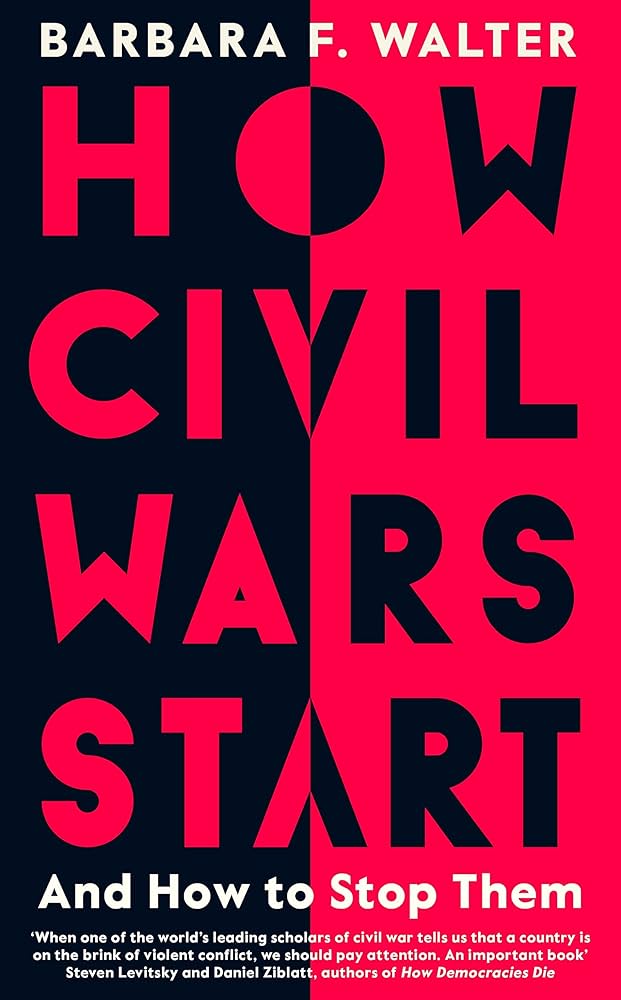 commentators have increasingly considered the possibility of future political violence in America. Barbara F. Walter’s offers a critical examination of the potential for civil conflict and draws on historical precedents to dissect the precursors to civil wars, using this analysis to shed light on current American socio-political dynamics.
commentators have increasingly considered the possibility of future political violence in America. Barbara F. Walter’s offers a critical examination of the potential for civil conflict and draws on historical precedents to dissect the precursors to civil wars, using this analysis to shed light on current American socio-political dynamics.
The key concept running through the book is that of “anocracy,” a transition stage of government between autocracy and democracy. The transition can be made in either direction, and it is during the transition that most civil wars erupt. Autocracies possess sufficient powers of repression to keep potential insurgents in check; democracies allow dissidents’ means to effect change without resorting to violence. But when autocracies weaken, repression can fail, and when democracies ossify, the release valves get stuck. Walter illustrates how such conditions have historically led to civil wars, pointing to parallels in present-day America.
A key aspect of Walter’s argument is the role of “sons of the soil” conflicts. These are initiated not by the oppressed masses but by groups facing perceived threats to their historical dominance. It isn’t the downtrodden masses that start a civil war, Walter says, but rather what she and her fellow scholars call “sons of the soil.” Their privileged position was once so unquestioned and pervasive that they simply assume it’s their due, and they will take to violence in order to cling to power.
Walter proposes significant political reforms to mitigate civil war risks, including eliminating the US Electoral College and reforming the Senate to ensure fair representation. But despite offering these solutions, Walter remains realistic about the challenges.
Walter’s book concludes with a call to action, urging policymakers, citizens, and institutions to recognise the warning signs of civil conflict and take proactive measures to reinforce democratic norms. The book is a timely exploration of the dynamics leading to civil conflict. Walter’s analysis and recommendations provide a valuable framework for understanding and addressing the roots of political violence. Her book is essential reading for the threats against democracy.
Shabih Ul-Hasan
Civil War (film)
DNA Films
2024
 With political divisions in the US growing ever larger a whole industry has emerged over the prospect of a civil war in the US. This is due to the glaring differences Americans are identifying with from abortion to economics. Alex Garland became the first director to release his portrayal of a civil war ravaged America.
With political divisions in the US growing ever larger a whole industry has emerged over the prospect of a civil war in the US. This is due to the glaring differences Americans are identifying with from abortion to economics. Alex Garland became the first director to release his portrayal of a civil war ravaged America.
Civil War is a political thriller set in a near-future where America is embroiled in a devastating second civil war. The film presents a fragmented, dystopian landscape where two powerful states—California and Texas—have seceded and formed the “Western Forces,” determined to overthrow a deeply autocratic president. Against this backdrop, Garland weaves a narrative centered on a group of journalists, led by Lee (Kirsten Dunst), who are navigating this chaotic terrain to capture the war’s truths.
Civil war focuses on the human side of the conflict—specifically the journalists documenting the unfolding destruction. Through a road-trip-style journey, Lee and her colleagues travel through a war-torn America, dodging bullets, witnessing carnage, and coming face-to-face with the brutality of the war.
The film is less concerned with explaining the roots of the conflict or offering explicit political commentary. Instead, Garland chooses to leave much of the background and motivations deliberately vague, relying on audience intuition to understand the causes of this brutal war.
Whilst Donald Trump won the 2024 election with a considerable margin and talk of civil war has dissipated some what, the film offers a interesting portrayal of a topic that will likely not go away
Adnan Khan
Age of Revolutions: Progress and Backlash From 1600 to the Present
Fareed Zakaria
2024
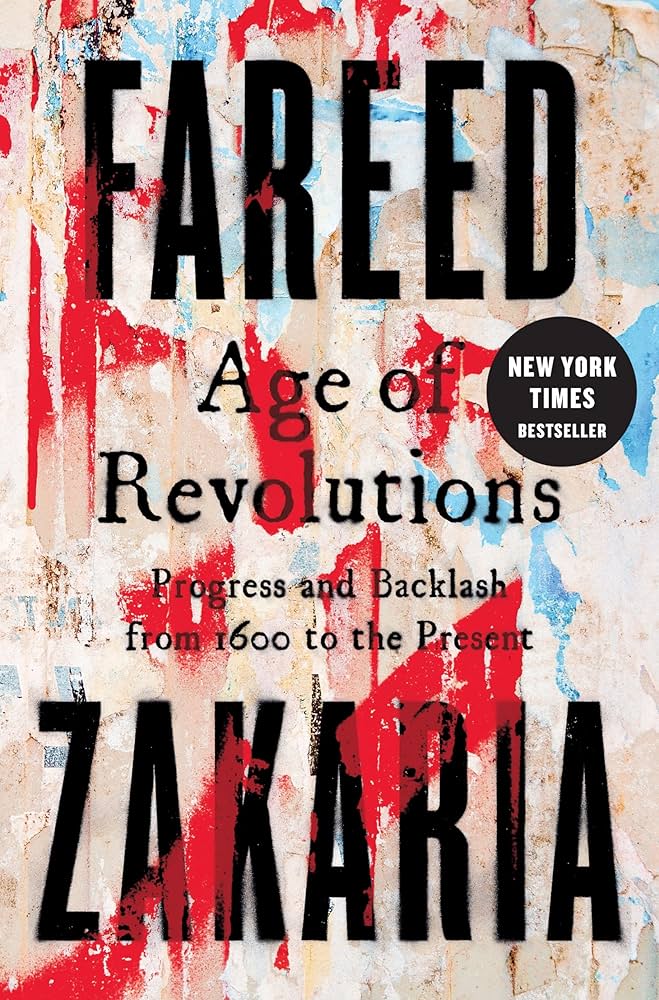 There have been more than 160 major revolutions over the last two centuries and in his latest book, Fareed Zakaria, the Washington Post foreign affairs columnist and CNN host tries to chronicle the civil upheavals that have led societies around the world to seek new kinds of politics. There have been too many revolutions in the last two centuries for Fareed to cover so he sticks to Britain, the US, France and Holland.
There have been more than 160 major revolutions over the last two centuries and in his latest book, Fareed Zakaria, the Washington Post foreign affairs columnist and CNN host tries to chronicle the civil upheavals that have led societies around the world to seek new kinds of politics. There have been too many revolutions in the last two centuries for Fareed to cover so he sticks to Britain, the US, France and Holland.
Zakaria justifies his narrow geographical scope by suggesting that the legacy of a few major political and economic revolutions in the West forms a “master narrative” that can explain societal change elsewhere. Therefore Russia’s many revolutions are not covered.
The French revolutionaries were forward-thinking: They sought progress, growth and disruption. In contrast, Zakaria’s enthusiasm for the 1688 Glorious Revolution in England is boundless.
The second half of the book pivots into chapters on what Zakaria calls the “revolutions present,” namely, “globalization,” “technology,” “tribalism” and the post-Cold War wane of the “Pax Americana.”
Zakaria focuses on what he sees as the key dynamic at the heart of each of these revolutions of modernity: a struggle between forces seeking to harness economic and technological change for profit and progress, on the one hand, and groups seeking to hold on to their old identities and ways of life, on the other. The book culminates in a plea to better appreciate the merits of global liberalism. Like the doctor who thinks the problem is in your head, Zakaria suggests that, in the West, we suffer from problems of attitude. “Liberalism’s problem in many ways is that it has been too successful.” Freedom creates anxiety, he says, and we crave an escape. Hence the rise of identity politics and nationalism to fill the void in our collective souls.
Zakaria declines to offer prescriptions for today’s ailments. But he counsels a regime of historical awareness. As a result Age of Revolutions successfully bridges the divide between the general reader and the academic.
Kazi Ahmed
The Return of Great Powers: Russia, China, and the Next World War
Jim Sciutto
2024
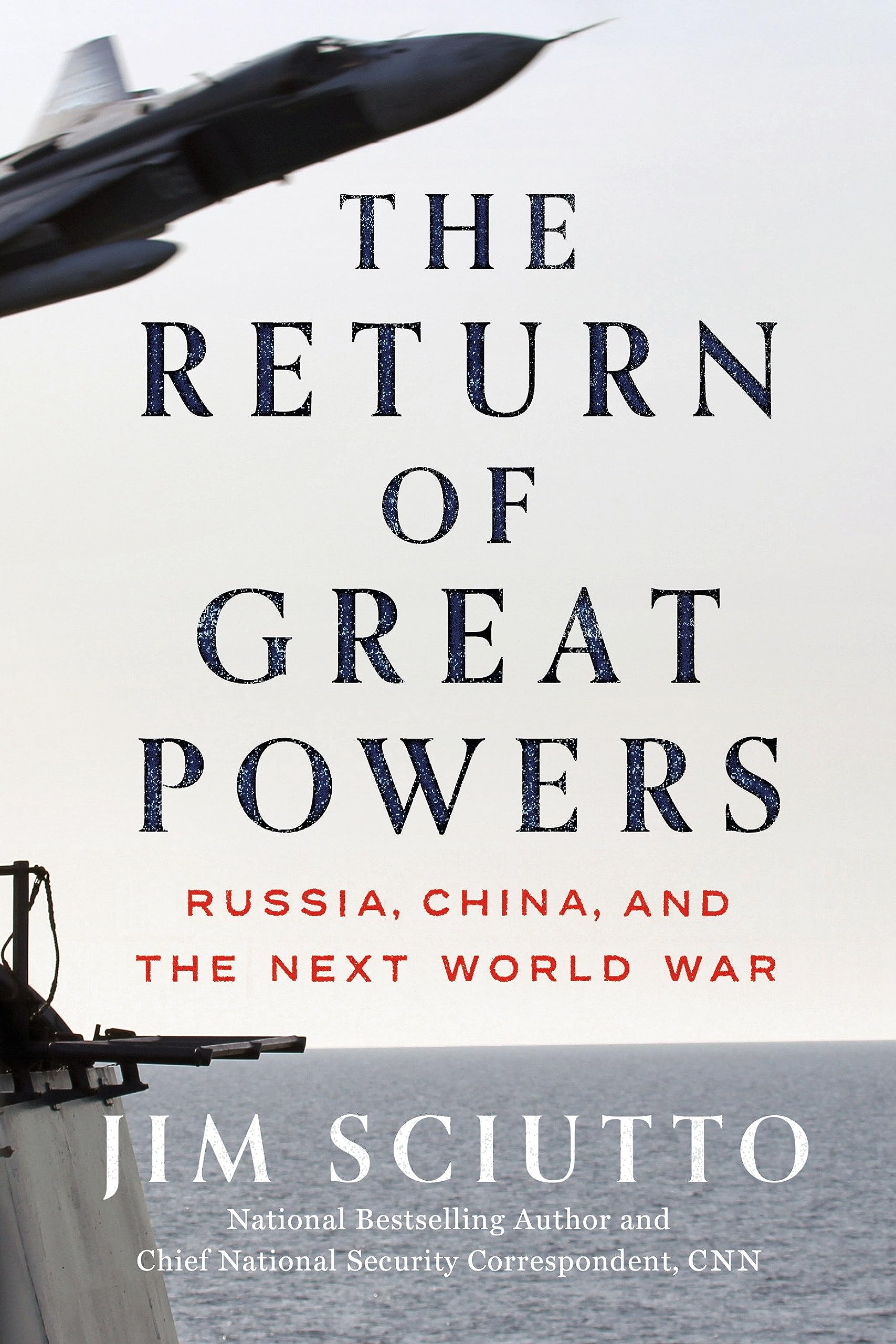 The message of CNN national security analyst Jim Sciutto’s latest book is that the world has entered a new age of Great Power competition. Scuitto draws on more than two decades of reporting around the world to chart out the dangers of a growing alliance between Russia and China and the likelihood of a new nuclear arms race. Unlike the Cold War which was coated in the veneer of rival ideologies, today’s competition is a more a self-interested contest for strategic influence in which the United States and its allies face off against a hostile Russia and China, revisionist powers attempting to claim their lost influence and motivated by historic grievance over the loss of territory. Sciutto seeks to understand this by analysing the current state of international politics—from the war in Ukraine to the tensions simmering in the South China Sea. Sciutto offers a comprehensive guide to navigating the complexities of the contemporary geopolitical landscape, identifying the key actors involved, and exploring their current interactions.
The message of CNN national security analyst Jim Sciutto’s latest book is that the world has entered a new age of Great Power competition. Scuitto draws on more than two decades of reporting around the world to chart out the dangers of a growing alliance between Russia and China and the likelihood of a new nuclear arms race. Unlike the Cold War which was coated in the veneer of rival ideologies, today’s competition is a more a self-interested contest for strategic influence in which the United States and its allies face off against a hostile Russia and China, revisionist powers attempting to claim their lost influence and motivated by historic grievance over the loss of territory. Sciutto seeks to understand this by analysing the current state of international politics—from the war in Ukraine to the tensions simmering in the South China Sea. Sciutto offers a comprehensive guide to navigating the complexities of the contemporary geopolitical landscape, identifying the key actors involved, and exploring their current interactions.
Sciutto focuses on what he terms “flashpoints”—zones of heightened tension and conflict between major global powers. Through these flashpoints, Sciutto provides a historical perspective on how these areas of tension developed. The primary areas of focus in his analysis are Ukraine, Taiwan, and the Baltic Sea.
The Return of Great Powers examines international politics and provides substantial insight into how major powers interact in the current global context. The focus on specific flashpoints provides a vantage point for observing great power dynamics, with Sciutto using primary sources that adds a personal perspective.
The book does not focus on the return of great powers. There is little discussion of China and Russia’s rise to power. Sciutto’s work is primarily about the interactions among these great powers: how they navigate flashpoints, the strategies they employ, and their overarching objectives in these conflicts. According to Sciutto, the return of these great powers is a fait accompli; the book’s primary focus is on how these powers engage with one another on the international stage.
Mozimmal Hussain
Vulture Capitalism: Corporate Crimes, Backdoor Bailouts and the Death of Freedom
Grace Bakely
2024
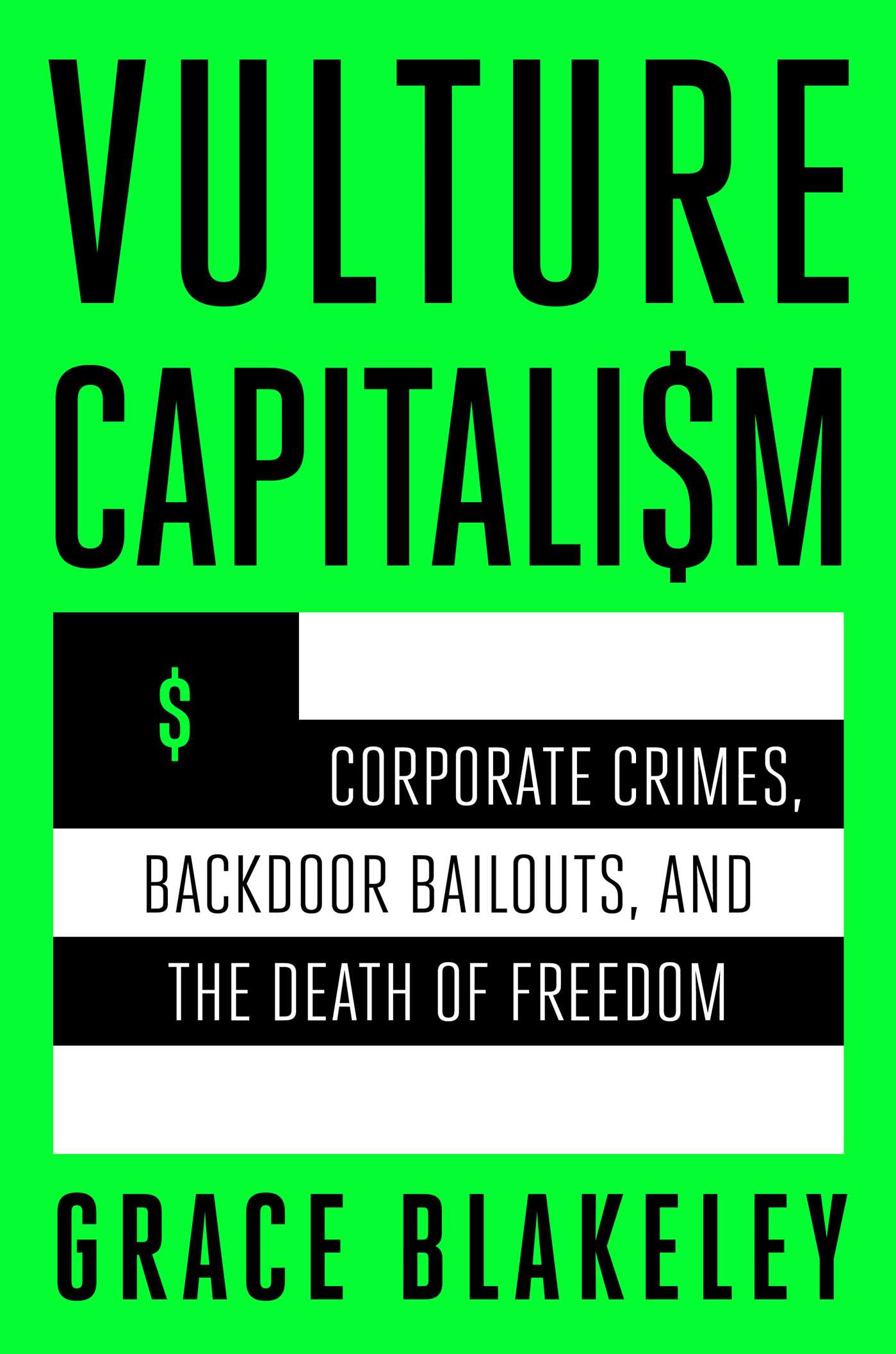 Vulture Capitalism is the latest book from the English economic and political journalist Grace Blakeley. She describes her book as a critique of modern capitalism from a Marxist perspective where she dispels and dismantles some of the basic myths of neoliberal economics – in particular, the idea from ‘free market’ icon Friedrich Hayek.
Vulture Capitalism is the latest book from the English economic and political journalist Grace Blakeley. She describes her book as a critique of modern capitalism from a Marxist perspective where she dispels and dismantles some of the basic myths of neoliberal economics – in particular, the idea from ‘free market’ icon Friedrich Hayek.
Blakeley builds on her previous books examining the trajectory of finance-led growth that led to the financial crisis in 2008, and the subsequent effects. Blakely’s main argument is that capitalism does not play by its own rules, and that while it preaches free and fair markets to the rest of us, large corporations conspire together and with governments to ensure that profits keep flowing in their direction – including by unapologetically hoovering up public funds at every opportunity. Blakely shows the causes of our modern crisis are the intended result of our capitalist system. It’s not broken, it’s working exactly as planned. From JPMorgan to Boeing, Henry Ford to Richard Nixon.
Blakeley particularly hones in on the case of Boeing, where a series of airplane disasters which cost a total of 346 lives were traceable directly to the company’s profit-maximising and cost cutting exercises. Blakeley also documents the cronyism and corruption on display during the COVID pandemic, where, rather than the state directly financing the production of personal protective equipment, the government instead set up a complex network of ‘contracts’ given out to private companies.
Blakely does a good job of highlighting the failures of capitalism and provides some solutions which are all from a socialist perspective. These include democratising the economic planning process by democratic planning for the social benefit and removing the influence of large corporations upon the state by democratising the economy. The book is a good read on the ills of capitalism and provides some solutions in the way forward.
Syed Fahad
Bad Pharma: How Drug Companies Mislead Doctors and Harm Patients
Ben Goldacre
2013
 If you had lots of questions after COVID-19 about vaccines then this book is for you. Ben Goldacre’s Bad Pharma is a scathing, detailed critique of the pharmaceutical industry, exposing its systemic flaws and ethical lapses. With his background as a doctor and science communicator, Goldacre examines how profit motives and lax regulatory oversight can distort medical research and compromise patient safety.
If you had lots of questions after COVID-19 about vaccines then this book is for you. Ben Goldacre’s Bad Pharma is a scathing, detailed critique of the pharmaceutical industry, exposing its systemic flaws and ethical lapses. With his background as a doctor and science communicator, Goldacre examines how profit motives and lax regulatory oversight can distort medical research and compromise patient safety.
The central argument of the book is that the pharmaceutical industry frequently manipulates clinical trials to present drugs in an overly favourable light. Goldacre discusses the selective publication of positive results while negative or inconclusive findings are buried, creating a misleading impression of a drug’s efficacy and safety. He also highlights the practice of designing studies that are rigged to favor the sponsor’s product.
The book also covers the flaws in the drug development process, in the design and reporting of drug trials, and in the ability of regulators to carry out their roles. There is also an extensive discussion of drug marketing practices. He goes on to describe the role prescribing doctors and key opinion leaders play in the practice of medicine, which is now strongly influenced by pharmaceutical companies.
Goldacre does a really good job of taking this very technical topic and explaining it to a non-medical audience. In the final chapter Goldacre makes a call to arms for the biomedical community.
Sufyan Badar
Autocracy Inc: The Dictators Who Want to Run the World
Anne Applebaum
2024
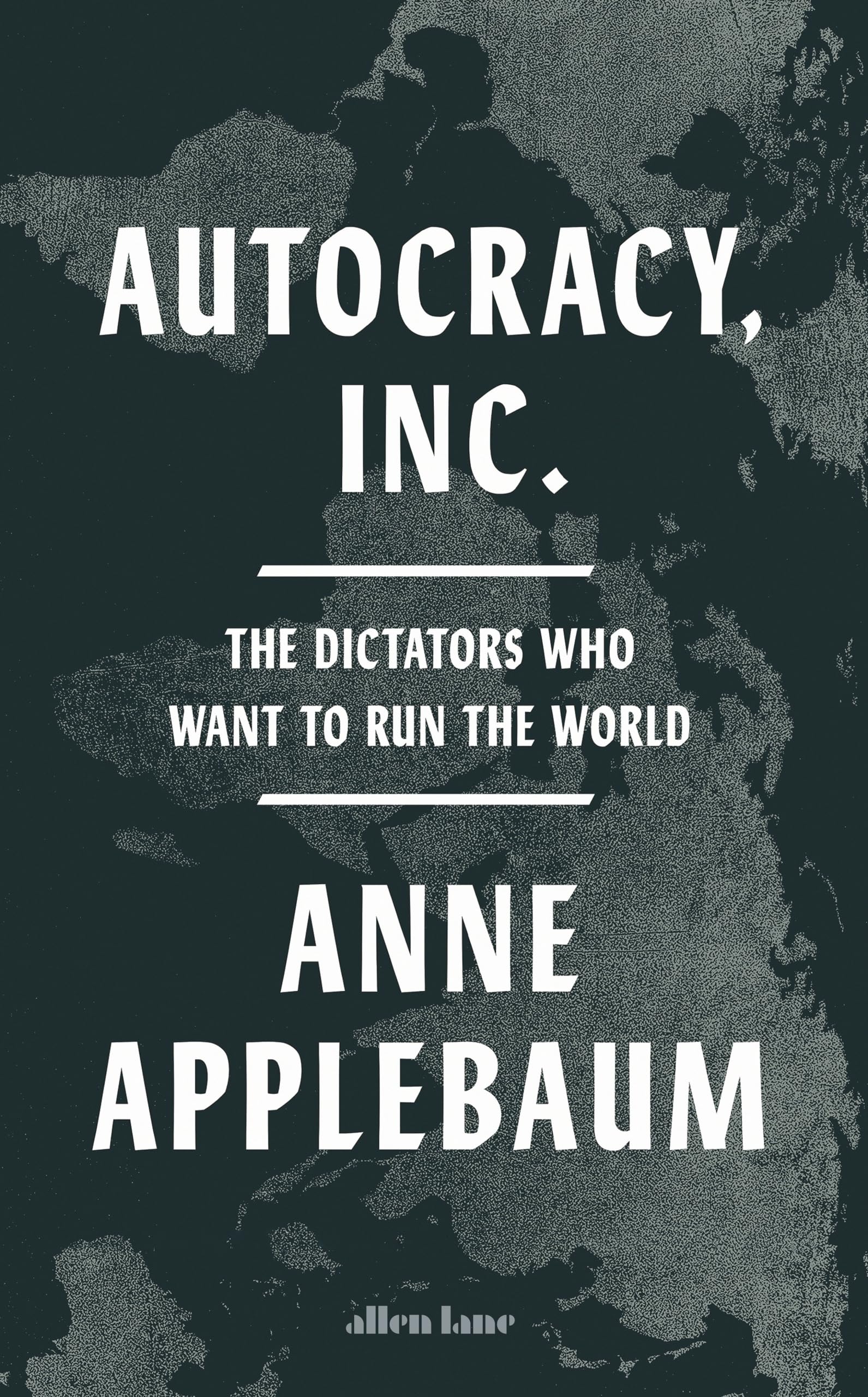 In this book Anne Applebaum, who had made a career out of studying communism, provides an overview of the historical circumstances that have led to a global network of authoritarian regimes that work to undermine liberal democracies. Her central premise is that the autocratic governments of the world such as Russia, China, Iran, North Korea, and others work together to destabilise the world’s democracies via propaganda and economic intrusion.
In this book Anne Applebaum, who had made a career out of studying communism, provides an overview of the historical circumstances that have led to a global network of authoritarian regimes that work to undermine liberal democracies. Her central premise is that the autocratic governments of the world such as Russia, China, Iran, North Korea, and others work together to destabilise the world’s democracies via propaganda and economic intrusion.
Applebaum delves into the mechanisms by which autocracies entrench their rule, including the export of surveillance technology and the strategic use of disinformation. She highlights how regimes like those of Vladimir Putin and Xi Jinping leverage global financial systems and alliances with Western business elites to protect their wealth while simultaneously attacking the liberal order. Moreover, Applebaum emphasizes that the appeal of authoritarianism is often rooted in the failures of democratic systems, where citizens disillusioned with democratic governance are more susceptible to authoritarian narratives.
Autocracy, Inc. is really a warning and a call to action for democracies to address their vulnerabilities. Applebaum challenges readers to rethink the global struggle between democracy and authoritarianism and in effect accepts the influence autocrats are having upon the politics of many living in democracies.
Wasif Chaudry
Leadership Lessons for the 21st century
Tony Blair
2024
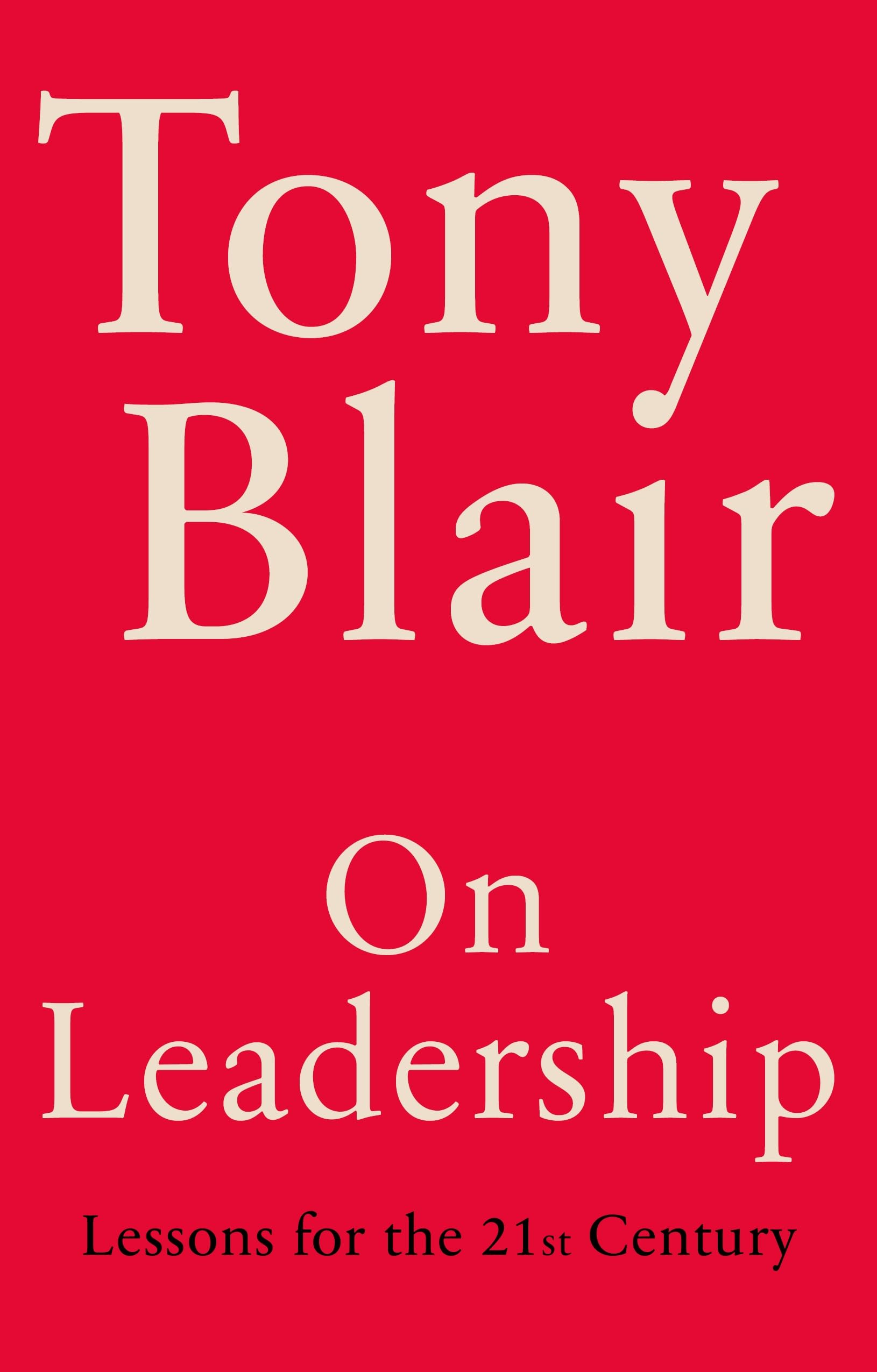 Tony Blair believes he learnt the precepts of governing the hard way, by leading a country for over ten years. In that time he came to understand that there are certain key characteristics of successful government that he wished he had known about when he started. Through 40 concise chapters, Blair unpacks his strategies for addressing the structural, political, and technological challenges leaders face today.
Tony Blair believes he learnt the precepts of governing the hard way, by leading a country for over ten years. In that time he came to understand that there are certain key characteristics of successful government that he wished he had known about when he started. Through 40 concise chapters, Blair unpacks his strategies for addressing the structural, political, and technological challenges leaders face today.
In short chapters, Blair addresses important questions on leadership and specifically leading government. From what are the attributes, skills and mindsets that make a good leader? What should leaders do – and avoid doing – to have the best chance of succeeding? Blair points out straight away that no formal qualifications, experience or training are required for this. He offers up what is clearly intended to be a handbook, a kind of practical guide to good governance.
Packed with examples drawn from all forms of political systems from around the world, the book answers the key questions: How should a leader organise the centre of government and their office? How should they prioritise and develop the right plan and hire the right personnel, cope with unforeseen events and crises, and balance short-term wins with long term structural change?
What makes this book different is it’s not a report from management gurus like McKinsey but from a former British Prime Minister who won three successive elections. The book provides insights into Blair’s rule, which helps to make sense of the UK during the noughties.
While Tony Balir offers substantial guidance on leadership and government there is a heavy focus on pragmatism and much like Blair’s time in power discussions of morality, public accountability, and the human cost of political decisions is extremely sparse.
Umar Ahmed
Punishing Putin: Inside the Global Economic War to Bring Down Russia
Stephanie Baker
2024
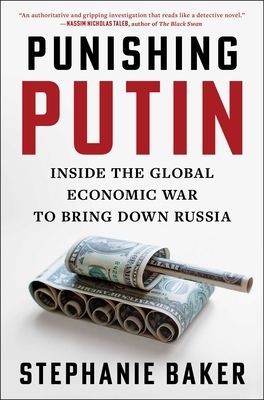 Stephanie Baker, the veteran Bloomberg reporter who has spent decades covering Russia, provides an in depth analysis of the economic war unleashed by the West against Russia after its invasion of Ukraine in 2022. Baker charts the coordinated efforts to weaken Russia’s economy through sanctions, asset seizures, and financial tools designed to disrupt its war capabilities while avoiding global economic fallout.
Stephanie Baker, the veteran Bloomberg reporter who has spent decades covering Russia, provides an in depth analysis of the economic war unleashed by the West against Russia after its invasion of Ukraine in 2022. Baker charts the coordinated efforts to weaken Russia’s economy through sanctions, asset seizures, and financial tools designed to disrupt its war capabilities while avoiding global economic fallout.
Baker draws on decades of experience and on-the-ground reporting to craft the best account of the Western sanctions campaign. Her book is chock-full of larger-than-life characters, sanctioned superyachts, dodgy Cypriot enablers, shadow fleets, and pre-dawn raids.
Baker underscores how economic tools have evolved into powerful weapons of statecraft, influencing not only the conflict at hand but also reshaping alliances and global trade systems. The book highlights the challenges faced by Western nations, including enforcing sanctions while maintaining economic stability, and raises critical questions about the effectiveness and long-term implications of such measures.
Whilst Baker does not provide an account exploring the Russian domestic response to the sanctions and its impact the book provides a valuable insight into economic warfare and the intersection of economics, politics, and global security.
Nizal Hussain
The Racket: A Rogue Reporter vs. the Masters of the Universe
Matt Kennard
2015
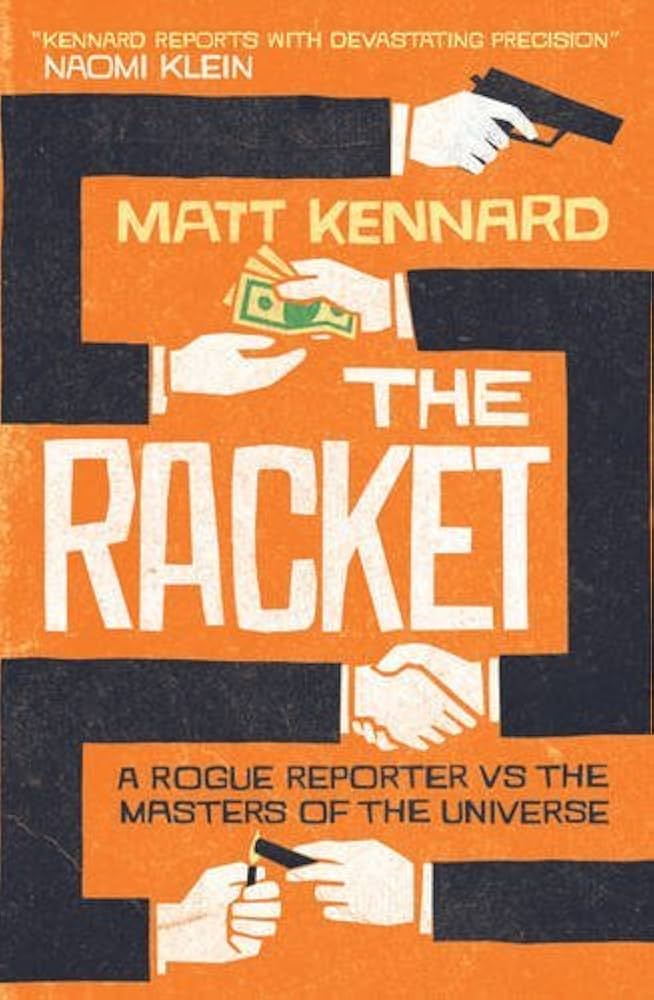 While working for the Financial Times, investigative journalist Matt Kennard had unbridled access to the crème de la crème of the global elite. From slanging matches with Henry Kissinger to afternoon coffees with the man who captured Che Guevara, Kennard spent four years gathering extraordinarily honest testimony from the horse’s mouth on how the global economic system works away from the convenient myths. It left him with only one conclusion: the world as we know it is run by an exclusive class of American racketeers who operate with virtually unlimited weapons and money.
While working for the Financial Times, investigative journalist Matt Kennard had unbridled access to the crème de la crème of the global elite. From slanging matches with Henry Kissinger to afternoon coffees with the man who captured Che Guevara, Kennard spent four years gathering extraordinarily honest testimony from the horse’s mouth on how the global economic system works away from the convenient myths. It left him with only one conclusion: the world as we know it is run by an exclusive class of American racketeers who operate with virtually unlimited weapons and money.
Kannard exposes the collusion between political elites, multinational corporations, and financial institutions. Kennard uncovers a pattern of exploitation and control, where American imperialism and corporate interests dominate underdeveloped nations under the guise of aid, development, or democratic principles.
Kennard draws on firsthand accounts, including interviews with figures such as Henry Kissinger, and provides case studies spanning Haiti, Bolivia, and Africa. He argues that this “racket” perpetuates economic disparities, undermines sovereignty, and devastates local economies, often facilitated by institutions like the World Bank and policies driven by neoliberalism. Kennard also connects this global exploitation to systemic inequalities within the United States, highlighting how economic policies harm not only foreign nations but also marginalized communities at home.
The book is a blend of investigative rigor and ideological critique, aligning Kennard with voices like Noam Chomsky and Naomi Klein. For anyone seeking a critical perspective on American influence and global capitalism, Kennard’s book provides a broad insight.
Mehvish Ali
Syria Betrayed: Atrocities, War, and the Failure of International Diplomacy
Alex J. Bellamy
2022
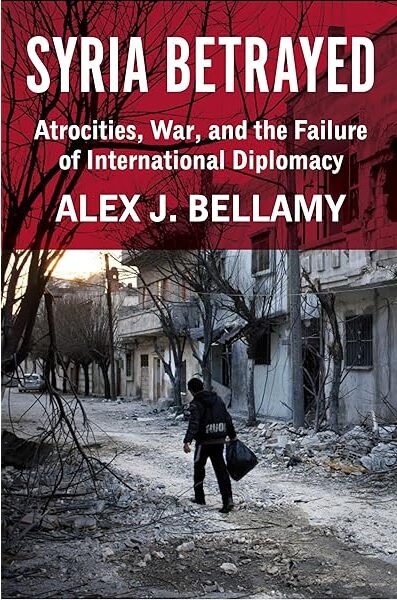 With the recent collapse of the al-Assad dynasty, Bellamy chronicles the repeated failures of outside powers to protect Syrian civilians in the decade after the 2011 uprising against the regime of Bashar al-Assad. Framed by Bellamy’s commitment to the principle of “the responsibility to protect” the story is one in which even those international actors who cared about ordinary Syrians—and there were not many—had other priorities that inevitably proved more urgent or important. In fact, Bellamy’s account suggests that many governments known for their prickly defense of their own sovereignty interpreted the responsibility to protect as little more than an authorisation to meddle.
With the recent collapse of the al-Assad dynasty, Bellamy chronicles the repeated failures of outside powers to protect Syrian civilians in the decade after the 2011 uprising against the regime of Bashar al-Assad. Framed by Bellamy’s commitment to the principle of “the responsibility to protect” the story is one in which even those international actors who cared about ordinary Syrians—and there were not many—had other priorities that inevitably proved more urgent or important. In fact, Bellamy’s account suggests that many governments known for their prickly defense of their own sovereignty interpreted the responsibility to protect as little more than an authorisation to meddle.
The book meticulously documents how global powers and institutions failed to prevent atrocities and bring meaningful solutions to the humanitarian disaster. Bellamy details the Assad regime’s violent crackdown on protests during the Arab Spring, including the infamous torture of children that catalyzed uprisings in 2011. Bellamy traces the descent of the civil war into a catastrophic conflict, fueled by regional and international interventions. He critiques the systemic inertia of international diplomacy, highlighting how global powers—whether through misjudged policies or outright disinterest—allowed the Syrian regime to commit atrocities with impunity.
Bellamy’s forensic account delves into the complex interplay of geopolitical interests. For instance, Russia’s military backing of Assad and Iran’s involvement contrasted with the West’s reluctance to intervene decisively. Syria Betrayed is a powerful critique of the moral and political failures of our time. It is a call to reconsider the efficacy of current diplomatic frameworks in addressing atrocities.
Anam Sultan
Vassal State: How America Runs Britain
Angus Hanton
2024
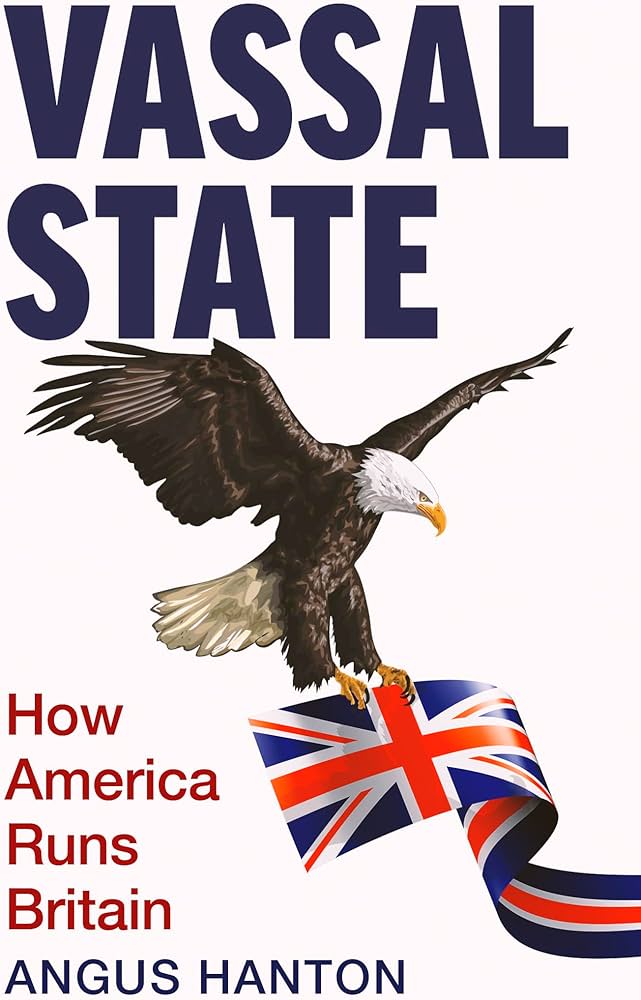 Angus Hanton delivers a compelling critique of the extensive influence of American corporations over the UK’s economy. The book explores how US companies dominate key sectors, from technology and finance to food, entertainment, and retail, often outpacing British counterparts through their scale, strategy, and financial muscle. This domination, Hanton argues, comes at the cost of Britain’s autonomy and economic resilience and he provides extensive and thorough research to back up his claims.
Angus Hanton delivers a compelling critique of the extensive influence of American corporations over the UK’s economy. The book explores how US companies dominate key sectors, from technology and finance to food, entertainment, and retail, often outpacing British counterparts through their scale, strategy, and financial muscle. This domination, Hanton argues, comes at the cost of Britain’s autonomy and economic resilience and he provides extensive and thorough research to back up his claims.
Hanton’s analysis underscores the startling extent of US corporate ownership in the UK. He details how American multinationals have secured significant stakes in industries such as tech, private equity, and sports, creating a scenario where US-owned entities account for an estimated 25% of Britain’s GDP, far greater than in many European nations.
Hantan argues the US has used its influence to make Britain limit the use of Chinese technology. The Inflation Reduction Act subsidises US industry at the expense of the UK and Europe with subsidies luring companies to relocate to the US. The author proposes some measures to halt or slow the increasing US influence.
This book constitutes fascinating reading that exposes the extraordinary extent of US influence in Britain. The topic’s connection to larger geopolitical trends, including Brexit, make it important reading. Hanton critiques the UK’s post-Brexit trajectory, where promises of independence have instead led to increased reliance on American entities. He advocates for policies that prioritize British economic sovereignty and long-term sustainability over short-term gains.
Abdul Latif
Egypt Under El-Sisi: A Nation on the Edge
Maged Mandour
2024
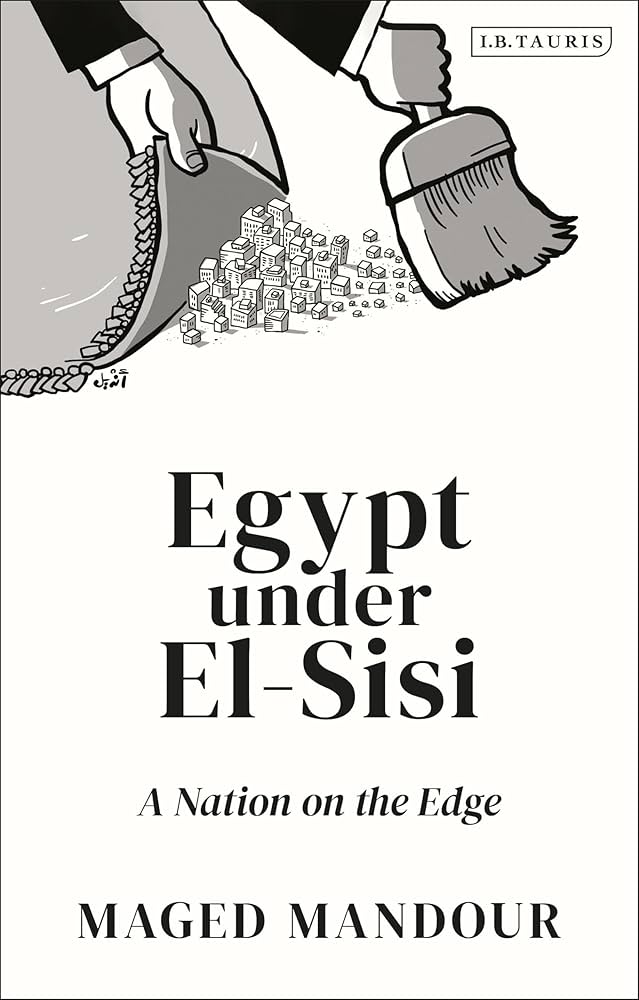 Magd Mandour provides a critical and detailed examination of the authoritarian regime led by President Abdel Fattah El-Sisi following the 2013 military coup in Egypt. The book explores how the country has endured severe repression, political violence, and economic decline under his leadership.
Magd Mandour provides a critical and detailed examination of the authoritarian regime led by President Abdel Fattah El-Sisi following the 2013 military coup in Egypt. The book explores how the country has endured severe repression, political violence, and economic decline under his leadership.
Mandour examines the nature of the military regime and presents two main arguments. The first counters the scholarly assumption that the 2011 uprising created a revolutionary situation without revolutionary outcomes. Mandour contends that the uprising did indeed result in a revolutionary outcome, though not the one desired. It led to an unprecedented intensification of the state’s militarisation
The second argument suggests that despite the consolidation of Sisi’s regime, it remains vulnerable to change due to economic rather than political pressures. Mandour categorises Sisi’s rule as a direct military regime, unlike the dual/indirect systems of Anwar Sadat and Hosni Mubarak.
Mandour’s expertise as an Egyptian political analyst lends the book credibility, but he uses a theoretical framework to understand what has taken place in Egypt, which makes it a dense read. Egypt Under El-Sisi does a good job of showing the dynamics of authoritarian governance in the modern Middle East, offering insights into how a nation on the edge continues to grapple with the consequences of military rule and societal repression.
Massihollah Rohpawar
Nature, Culture, and Inequality
Thomas Piketty
2024
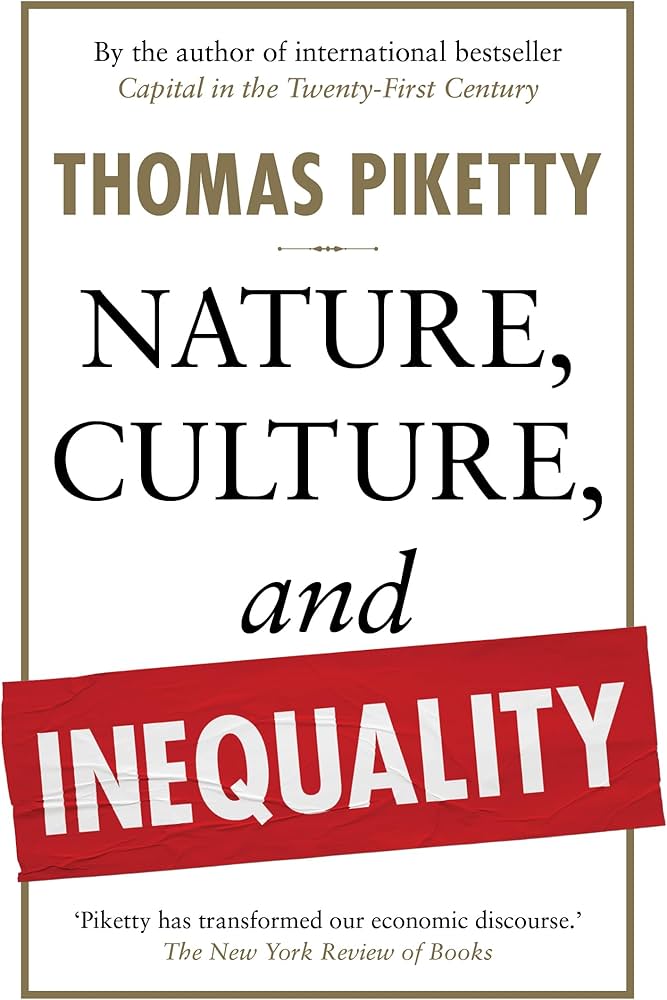 Tomas Piketty first captured public attention in 2014 with his wildly ambitious, 704-page updating of Karl Marx’s Das Kapital, entitled Capital in the Twenty-First Century. Part of its appeal – it became both an international bestseller and an academic sensation – was the simplicity of its basic premise. Piketty’s latest book is almost exactly the opposite. Not only is it much shorter, based on a lecture given in 2022 to the Société d’Ethnologie in his native France, its key message is: “It’s a lot more complicated than that.”
Tomas Piketty first captured public attention in 2014 with his wildly ambitious, 704-page updating of Karl Marx’s Das Kapital, entitled Capital in the Twenty-First Century. Part of its appeal – it became both an international bestseller and an academic sensation – was the simplicity of its basic premise. Piketty’s latest book is almost exactly the opposite. Not only is it much shorter, based on a lecture given in 2022 to the Société d’Ethnologie in his native France, its key message is: “It’s a lot more complicated than that.”
In this slim volume, Piketty argues against the notion that significant economic disparities are inevitable products of market economies. Instead, he emphasizes the role of political choices and collective mobilizations in fostering or mitigating inequality. He explores diverse topics such as education, inheritance, wealth taxation, climate crises, and gender disparities. Piketty’s analysis is enriched by historical examples and a global perspective, reinforcing his belief that reducing inequality requires sustained political and social efforts.
Piketty places a great deal of emphasis on a global wealth tax as a solution. He hasn’t backed off from his view that taxation – of income, capital and inheritance – should be more progressive. Nature, Culture, and Inequality underscores Piketty’s central thesis: inequality is neither natural nor inevitable but is shaped by historical, cultural, and political forces. The book serves as both a reflection on the past and a guide for shaping a more just future
Abdul Latif
The Allure of Battle: A History of How Wars Have Been Won and Lost
Cathal J. Nolan
2022
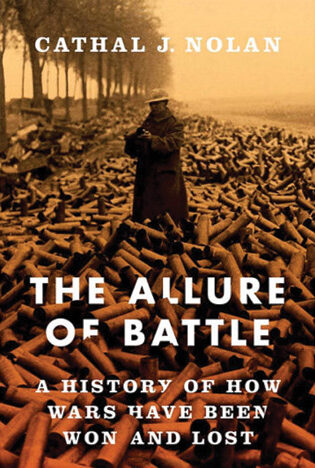 How important are ‘decisive battles’ in the history of war? This is the central question addressed by Cathal Nolan in his survey of more than 2,000 years of military history. Nolan believes political and military leaders have been fixated on the idea of ‘decisive battle’, because it appears to offer easy, cheap, clear-cut victory. The quick fix: the sudden Blitzkrieg, the rapid war of manoeuvre, the sweeping brilliance of the great captain, the annihilation of the enemy on a field of blood and iron, followed by a victor’s peace. It is, argues Nolan, a mirage as a ‘decisive battle’ is rarely anything of the sort.
How important are ‘decisive battles’ in the history of war? This is the central question addressed by Cathal Nolan in his survey of more than 2,000 years of military history. Nolan believes political and military leaders have been fixated on the idea of ‘decisive battle’, because it appears to offer easy, cheap, clear-cut victory. The quick fix: the sudden Blitzkrieg, the rapid war of manoeuvre, the sweeping brilliance of the great captain, the annihilation of the enemy on a field of blood and iron, followed by a victor’s peace. It is, argues Nolan, a mirage as a ‘decisive battle’ is rarely anything of the sort.
Nolan underscores that battles often celebrated as decisive—such as Cannae, Austerlitz, or the German encirclements in 1941—frequently fail to deliver long-term strategic outcomes. Instead, he asserts that wars are won through endurance, logistical superiority, and the capacity to sustain prolonged campaigns, rather than through the brilliance of “great captains” or tactical genius. Using extensive historical examples, he critiques the glorification of battlefield victories, emphasizing the often-overlooked human and logistical dimensions of war.
Nolan weaves historical analysis and his arguments are supported by a comprehensive range of case studies, from the Napoleonic Wars to modern conflicts, which illustrate the persistent relevance of his thesis. Nolan debunks the romanticized notion of war as a series of decisive battles, advocating for a more nuanced understanding of conflict. His work serves as both a scholarly contribution and a cautionary tale about the enduring human and material costs of war. This book is essential reading for those interested in military conflicts and how they were and can be won.
Kazi Ahmed
It’s OK to Be Angry About Capitalism
Bernie Sanders’
2023
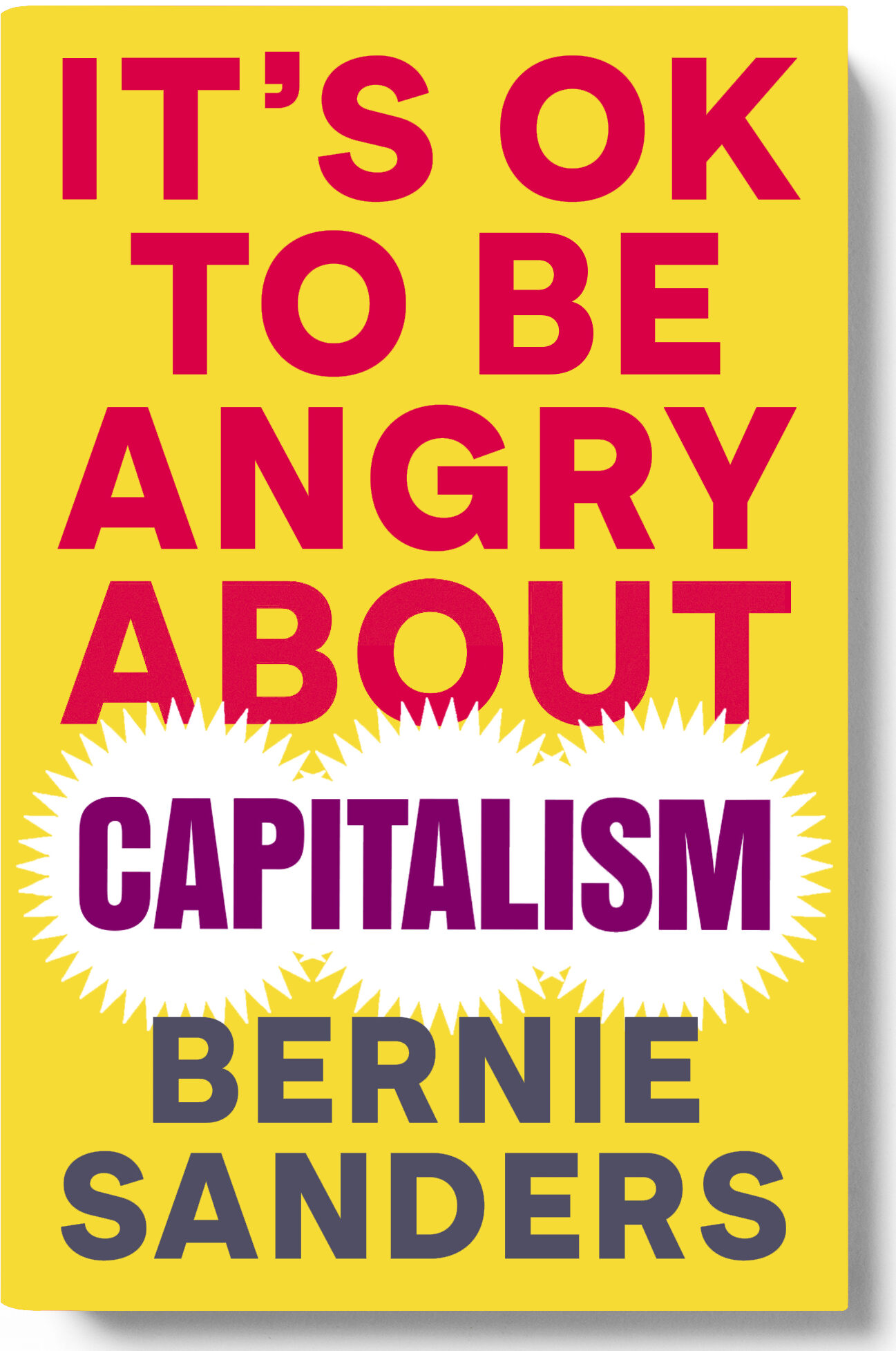 In his latest book the Vermont Senator argues it’s OK to be angry about capitalism because it’s OK to want something better. Bernie Sanders takes on the 1% and speaks blunt truths about a system that is fuelled by uncontrolled greed, and rigged against ordinary people. Where a handful of oligarchs have never had it so good, with more money than they could spend in a thousand lifetimes, and the vast majority struggle to survive. Where a decent standard of living for all seems like an impossible dream.
In his latest book the Vermont Senator argues it’s OK to be angry about capitalism because it’s OK to want something better. Bernie Sanders takes on the 1% and speaks blunt truths about a system that is fuelled by uncontrolled greed, and rigged against ordinary people. Where a handful of oligarchs have never had it so good, with more money than they could spend in a thousand lifetimes, and the vast majority struggle to survive. Where a decent standard of living for all seems like an impossible dream.
The book starts with a chapter recounting the 2020 Democratic primaries. Sanders won the first three primary states, the first time any candidate had ever accomplished this feat. This terrified the US ruling class. That momentum had to be blunted, and the Democratic establishment moved with might to ensure this happened. Sanders recounts the “debacle”
Bernie Sanders offers a fervent critique of modern economic inequality and a vision for a fairer system. The book extends Sanders’ campaign rhetoric into a detailed manifesto for addressing the structural flaws of capitalism, tackling issues like wealth concentration, corporate dominance, and the inadequacies of healthcare and labor systems.
A central theme of the book is Sanders’ moral argument against billionaires and extreme income inequality. He contends that it is both unjust and harmful for a system to allow the concentration of immense wealth while millions struggle to afford basic necessities. The book proposes policies such as Medicare for All, labor reforms, and higher taxes on the ultra-wealthy to fund public goods and reduce inequality.
Whether you love or loathe Sanders, his account of the state of the US and Capitalism provides an interesting insight from a sitting Senator. Whilst his solutions are all from the left, this book nevertheless contributes to the ongoing conversation about economic justice and the future of democracy in the US.
Wasif Chaudry
Why the Germans Do It Better: Notes from a Grown-Up Country
John Kampfner
2020
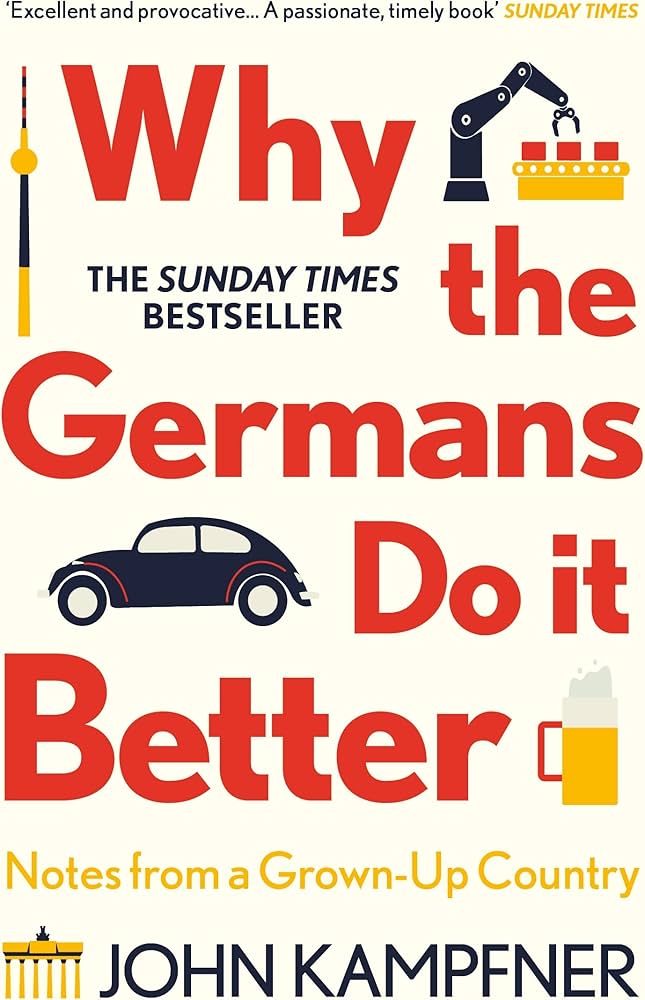 John Kampfner’s book stands in a long line of appreciative British studies of Germany. For many Edwardians, the Wilhelmine Reich had the better army, the more serious universities and science, the more ruthless industrialists, and was altogether a more advanced nation.
John Kampfner’s book stands in a long line of appreciative British studies of Germany. For many Edwardians, the Wilhelmine Reich had the better army, the more serious universities and science, the more ruthless industrialists, and was altogether a more advanced nation.
Mixing personal journey and anecdote with compelling empirical evidence, this is a critical and entertaining exploration of the country many in the West still love to hate. Raising important questions for the post-Brexit landscape, Kampfner asks why, despite its faults, Germany has become a model for others to emulate, while Britain fails to tackle contemporary challenges. The book is part memoir, part history and part travelogue.
Kampfner draws on extensive interviews and personal observations to analyze Germany’s approach to governance, social cohesion, and long-term planning. He praises its consensual political culture, exemplified by Angela Merkel’s steady leadership during her 16-year tenure. Germany’s robust handling of crises like the 2015 refugee influx and the COVID-19 pandemic underscores its preference for cautious, deliberate action over risk-taking, a mindset shaped by its tumultuous 20th-century history.
The book is less about absolute superiority and more about the lessons to be gleaned from Germany’s pragmatic and cooperative ethos. As Kampfner notes, it’s a nation that has risen from the ashes of its past to embody a modern, mature democracy—a testament to the power of learning from history and embracing incremental progress.
Massihollah Rohpawar
Documentary: Turning Point: The Bomb and the Cold War
Netflix
2024
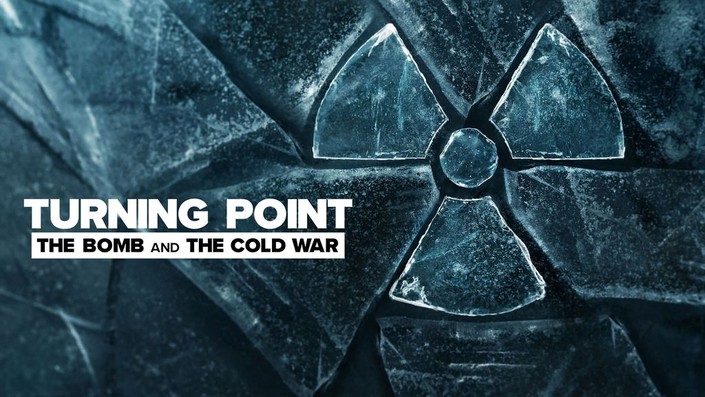 The Netflix documentary spread over nine-part series provides a comprehensive and accessible look at the history of the Cold War, particularly focusing on how the development of the atomic bomb shaped global politics and the long-lasting consequences that continue to impact current events.
The Netflix documentary spread over nine-part series provides a comprehensive and accessible look at the history of the Cold War, particularly focusing on how the development of the atomic bomb shaped global politics and the long-lasting consequences that continue to impact current events.
The documentary offers a sobering exploration of the Cold War, beginning with the development and deployment of the atomic bomb. The series connects the creation of nuclear weapons with the ongoing tensions between the United States and the Soviet Union, which defined much of the 20th century. Spanning several decades, the documentary delves deeply into key events like the Cuban Missile Crisis, the arms race, and the eventual proliferation of nuclear weapons among powerful nations.
By focusing on pivotal moments such as the Bay of Pigs and the confrontations that nearly led to nuclear warfare, it paints a vivid picture of the fear and uncertainty that accompanied the Cold War era.
The documentary draws on a wealth of archival footage and expert commentary to create a compelling narrative that is both educational and eye-opening. While the sheer volume of information might feel overwhelming at times, the documentary offers an invaluable resource for anyone seeking to understand the history of nuclear warfare and its far-reaching consequences on today’s world. Turning Point: The Bomb and the Cold War is an essential watch for anyone interested in understanding the legacies of the Cold War and the continued threat posed by nuclear weapons.
Mozimmal Hussain
Documentary: Finding the Money, There’s ANother side to the National Debt
Stephanie Kelton
Giant Pictures
2023
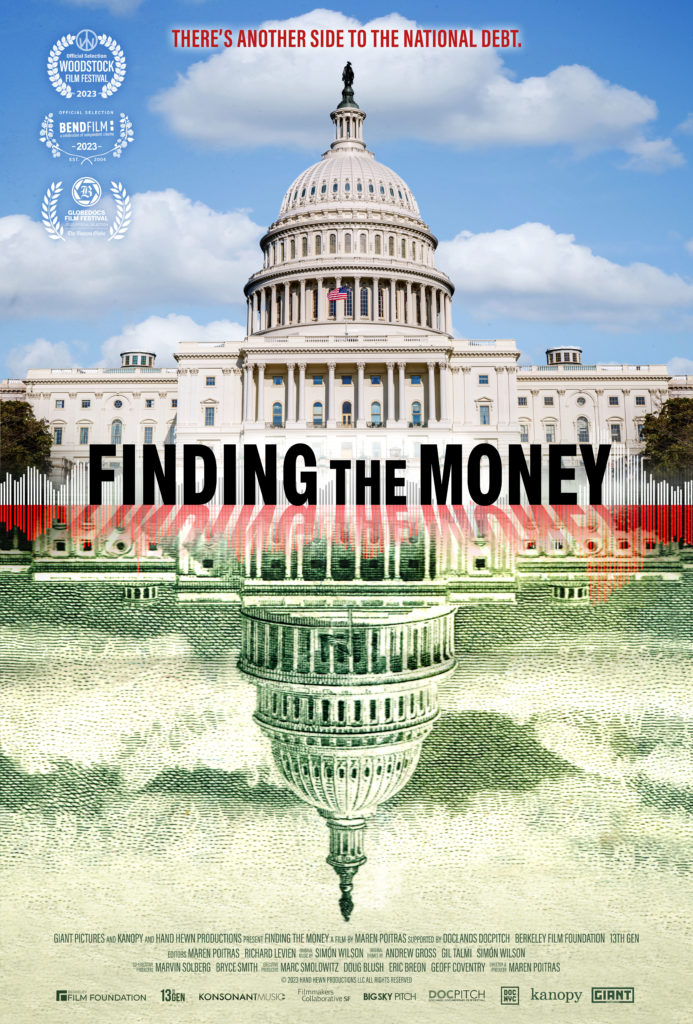 American economist Stephanie Kelton shot to fame when in her documentary looking at modern money theory. In which she interviewed Jared Bernstein, who was President Joe Biden’s economic advisor and stumped him. When asked to explain why the US was in debt when it prints its own money. Bernstein went into a long rant where he said he couldn’t explain why the US government was in debt when it prints its own money and borrows in its own money.
American economist Stephanie Kelton shot to fame when in her documentary looking at modern money theory. In which she interviewed Jared Bernstein, who was President Joe Biden’s economic advisor and stumped him. When asked to explain why the US was in debt when it prints its own money. Bernstein went into a long rant where he said he couldn’t explain why the US government was in debt when it prints its own money and borrows in its own money.
Finding the Money: There’s Another Side to the National Debt, is a thought-provoking exploration of Modern Monetary Theory (MMT), challenging traditional economic assumptions about money and national debt. It argues that nations that issue their own currency, such as the US, cannot go bankrupt in the traditional sense and are not constrained by the national debt in the way commonly assumed. Rather, the documentary proposes that money is a tool for managing the economy, and deficits are not inherently harmful if used to fund important societal needs.
Kelton introduces MMT in an engaging and accessible way, combining clear explanations with graphics and interviews from a range of economists, both supporters and critics. The film critiques the prevailing neoliberal view that emphasizes austerity and balanced budgets, suggesting instead that governments should focus on using monetary policy to address issues like climate change, healthcare, and infrastructure without worrying about debt limits.
Finding the Money is a compelling introduction to a new way of thinking about economics, presenting an alternative to the prevailing austerity narratives. It not only questions economic orthodoxy but also calls for a shift in how we view fiscal policy as a tool for social good.
Adnan Khan




